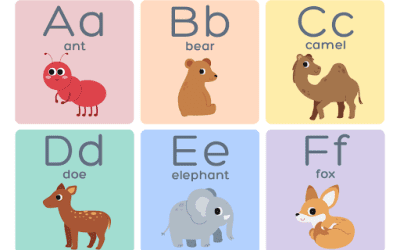It is happening: the art of the written word is dying. With the growth of technology and the push to digitize everything, other skills have been pushed aside. Skills like writing have been deemed less valuable, even obsolete. The reality is, however, that writing skills are still incredibly necessary in today’s working world. This means writing and communication skills must be a cornerstone of college curriculum.
Writing Skills in College Curriculum
College is often viewed as preparation for the “real-world”, the workforce. So the atmosphere of the workforce tends to guide and shape the curriculum used in colleges. The current landscape has shifted to emphasize knowledge and understanding of technology. This may not seem like an opportunity for writing skills, but it actually creates a greater need for them.
There is a high demand for writing skills in the workplace. Being able to effectively communicate allows for the free flowing of all other soft skills. From communication comes collaboration, critical thinking, and creativity. These skills are things that robots and other forms of technology simply cannot do. Employers in many industries and occupations are looking for individuals who can communicate effectively. This kind of demand makes writing skills necessary in all disciplines, whether it be humanities or STEM.
Here’s an example of an online learning module on writing for college students.
Strategies to Encourage Writing Skills
The need for well-developed writing skills is there, and always has been. But how can students be encouraged to relearn these vital skills? Rather than chasing knowledge, it’s time to refocus on obtaining and improving skills. Here are just a few strategies to incorporate this into course design and thereby encourage students to hone their writing skills.
- Create incentives
Offer rewards to students who take writing or communication classes. Whether it’s badges, gift cards, or free slices of pizza, give students tangible prizes when they enroll in these classes.
- Offer CE credits for writing and communication classes
Writing and communication classes can act as continuing education credit. CE credit encourages lifelong learning, so getting teachers or administrators on board will increase writing skills at all levels.
- Write more and provide feedback
Writing skills require constant practice. The more someone writes, the better their writing becomes. Simply encouraging more writing is a great place to start, but it must be paired with strong feedback. Providing constructive feedback will allow a writer to develop their writing skills.
- Write alongside students
Writing is a process, one that has no end. Encourage teachers to write alongside their students. Engaging students in the writing process in this way will show them that writing is a trial-and-error process, and being challenged is part of that process.
- Partner with a writing center on campus
Writing centers are a great on-campus tool. Getting classroom teachers partnered with the writing center will make the center more visible to students, and make it a more widely utilized tool.
These strategies not only provide tools to improve writing skills, but they also engage students in the writing process as a whole. Creating a curriculum that integrates these skills can be a daunting task. A Pass has extensive curriculum design capabilities with an ability to focus on writing skills. Here’s a way to help students develop writing skills through an online course.




